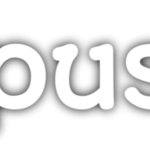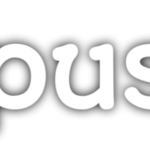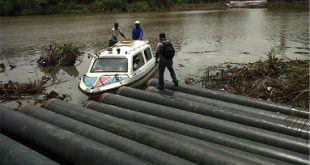By Okey Uzoechina | Abuja

Long before the internet and DStv, millions of students used to watch or listen to educational series on TV and radio which were primarily tailored to supplement classroom learning in key subject areas like Mathematics, English Language, Chemistry, Physics, Biology, Social Studies, Economics, and so on. The lessons were hosted by seasoned teachers and subject matter experts, recorded in audio or audio-visual formats and then broadcast to the public on scheduled dates and at scheduled times through dedicated TV and radio channels and frequencies. This way, anyone interested knew when to tune in to watch or listen to the lessons. The lessons also benefitted students who were preparing for JAMB, WAEC, GCE, A-Level and other special exams.
In addition to supplemental classes, TV and radio channels were used to broadcast educational, entertaining and social learning programmes including storytelling, schools debates, drama, quizzes, trivia, news, challenges, puzzles, science and tech competitions and other participatory games. The runaway popularity of shows such as Tales by Moonlight by NTA and Binta and Friends by Wale Adenuga Productions and their long-running airing for decades show that despite their simplicity, they were hugely successful in passing key messages and were loved by millions of viewers. These are equivalent to our modern-day hit shows and bestsellers.
One of the positive outcomes of #COVID19 is a resurgence of TV schools (tele-schools) and educational series in many countries around the world. Burkina Faso, Ghana, Egypt, Kenya, Jamaica, France, Argentina, Pakistan, India, United States, Austria, Brazil, China, Dominican Republic, Liberia, Libya, Morocco, Madagascar and many other countries are now using TV schools to support access to remote learning during the #Coronavirus pandemic.
While the first generation of TV schools were successful in their time, this second generation of TV schools are leveraging innovations in ICT to make educational resources and classes more accessible, affordable, relatable and useable by millions of citizens.
In some countries, TV schools are transmitted not only via analog channels but also via the internet, YouTube channels, dedicated DStv channels, radio frequencies and satellite communication. They therefore have the potential to broadcast or rebroadcast 24/7 and to provide learning content for different age groups, classes and learning needs at the same time. Some countries have gone further to strike deals with telecom service providers to make browsing free of charge on dedicated educational sites and platforms.
For instance, the Kenya Civil Aviation Authority (KCAA) in partnership with Alphabet Inc. and Telkom Kenya, has facilitated Google’s Loon Balloons floating over Kenyan airspace carrying 4G base stations in order to provide wider internet coverage to all students and families. Orange Liberia has announced that it is granting free access to online educational resources to students and teachers while all schools and universities are closed via a website called Orange Campus Africa. Orange customers who do not have data can still access the website and enjoy educational materials provided. For those who have data, none of their data balance will be consumed while they browse, read or study from the site.
Beyond COVID-19, some of the edtech solutions and innovations we see now may become the new normal. The lesson is quite simple: it’s possible to make educational resources and classes accessible, affordable, relatable and useable by millions of citizens including out-of-school children and youths.
The solutions are not new but it had to take the Coronavirus pandemic to force us to take the necessary measures to make it happen. National governments, citizens, schools, publishers, ICT firms, telecoms operators, development partners and other stakeholders are now invested in scaling the solutions and making them sustainable and sustained beyond COVID-19. In the future, tele-schools will not only bridge the gap in access to Quality Education (SDG4) but will become a major part of our education culture.
——————————————————————

 National Telescope national telescope newspaper
National Telescope national telescope newspaper


